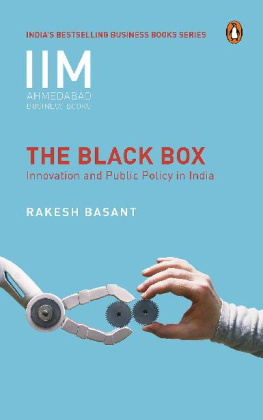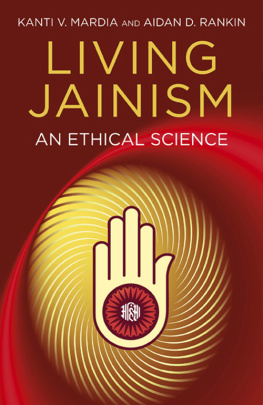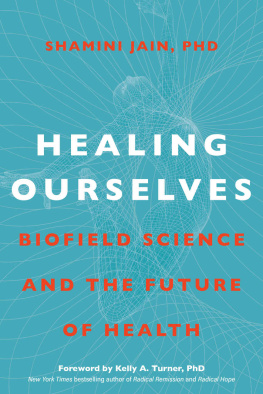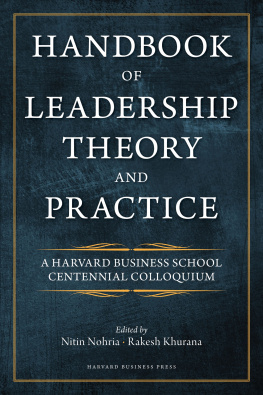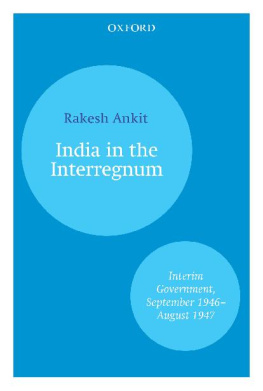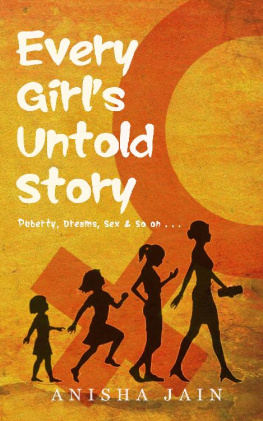Rakesh Jain - The Science and Practice of Wellness
Here you can read online Rakesh Jain - The Science and Practice of Wellness full text of the book (entire story) in english for free. Download pdf and epub, get meaning, cover and reviews about this ebook. year: 2019, publisher: W. W. Norton & Company, genre: Home and family. Description of the work, (preface) as well as reviews are available. Best literature library LitArk.com created for fans of good reading and offers a wide selection of genres:
Romance novel
Science fiction
Adventure
Detective
Science
History
Home and family
Prose
Art
Politics
Computer
Non-fiction
Religion
Business
Children
Humor
Choose a favorite category and find really read worthwhile books. Enjoy immersion in the world of imagination, feel the emotions of the characters or learn something new for yourself, make an fascinating discovery.

- Book:The Science and Practice of Wellness
- Author:
- Publisher:W. W. Norton & Company
- Genre:
- Year:2019
- Rating:5 / 5
- Favourites:Add to favourites
- Your mark:
- 100
- 1
- 2
- 3
- 4
- 5
The Science and Practice of Wellness: summary, description and annotation
We offer to read an annotation, description, summary or preface (depends on what the author of the book "The Science and Practice of Wellness" wrote himself). If you haven't found the necessary information about the book — write in the comments, we will try to find it.
The Science and Practice of Wellness — read online for free the complete book (whole text) full work
Below is the text of the book, divided by pages. System saving the place of the last page read, allows you to conveniently read the book "The Science and Practice of Wellness" online for free, without having to search again every time where you left off. Put a bookmark, and you can go to the page where you finished reading at any time.
Font size:
Interval:
Bookmark:
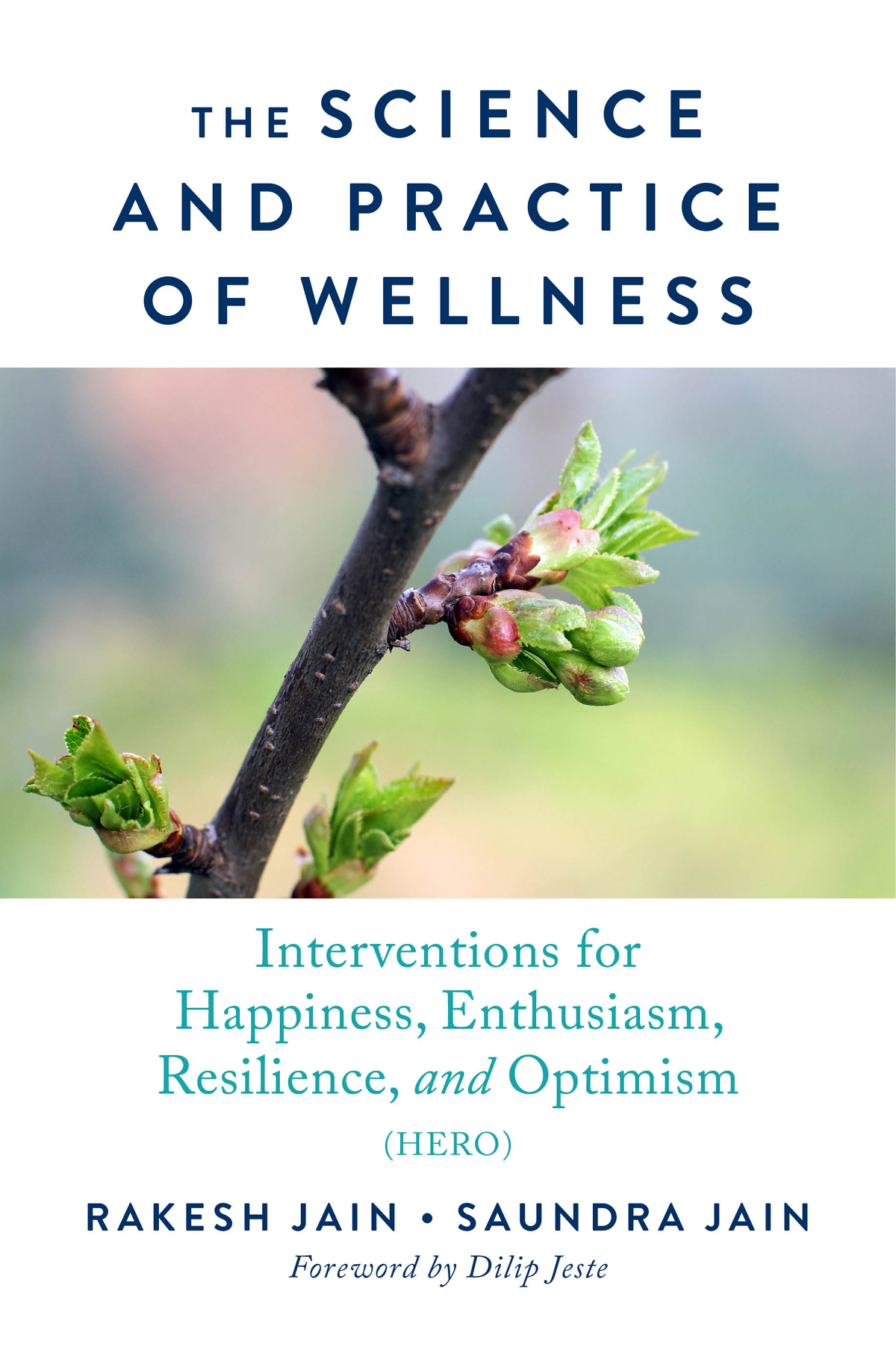
THE SCIENCE
AND PRACTICE
OF WELLNESS
Interventions for Happiness, Enthusiasm,
Resilience, and Optimism (HERO)
RAKESH JAIN AND SAUNDRA JAIN

A NORTON PROFESSIONAL BOOK
Wellness is a major force for good. It impacts us in multiple ways: our family, our friends, and of course, our patients. During our personal journey in developing a mental wellness program, our patients have been our best teachers, and we gratefully acknowledge their many contributions to our growth as clinicians. Their fortitude in the face of the often unspeakable suffering inflicted by their mental health disorders is both awe-inspiring and a source of motivation. Their courage and resilience inspired us to step outside of our own complacency and embrace mental wellness, and their gentle pleas asking what more they can do to get better launched our voyage into the world of wellness. Dear patients, we are forever grateful.
Our close friends Charles Raison, Vladimir Maletic, Andrew Penn, Noel Gardner, and Clay Jacksoncollaborators, frequent dinner companions, and all-around good human beingsin their own ways have profoundly shaped our vision and thinking. Besides their friendship, which we greatly value, we have benefited from their scientific rigor and deeply humanistic thinking. Betsy Burns, also a treasured friend and collaborator, is a consistent and enthusiastic cheerleader in our efforts to write on the topic of wellness. We are grateful to you all, dear friends.
An unsung hero in our journey in this field of mental wellness is Randy Robbin, a quiet man who prefers not to receive credit for what he does for others. He is one of the most important reasons for our success in researching and teaching others about the importance of wellness. For nearly a decade he has generously provided us with a platform to present our research and clinical findings and has afforded us the opportunity to interact with thousands of mental healthcare professionals. Because of his genuine modesty, he may never willingly acknowledge the large role he played in our professional development, but truthfully, he is one of the most important reasons for our success. Thank you, Randy.
Dr. Dilip Jeste, a past president of the American Psychiatric Association, who has graciously penned the foreword to this book, has been a significant influence in our lives. A thoughtful man, he has taught us over the years that mental wellness is of paramount importance to us as clinicians and to our patients. He was the first to show us that even fuzzy topics such as optimism, purpose in life, and resilience can be scientifically studied. His groundbreaking research in wellness and successful aging has been a great influence in our professional and personal development, and we are continually inspired by his humanity and first-rate scholarship in all things pertaining to mental wellness. We are lucky to have a mentor like him in our lives. We are forever grateful, Dilip.
Expressing gratitude is reportedly one of the best mental wellness exercises. So, following our own advice, we want to express gratitude towards a number of wonderful people in our lives. For us its extremely easy to be grateful to our parents and our families for all the mental wellness they bring to our lives. We are exceedingly blessed to have parents like Prabha and Gulab Jain, and Martha and Harvey Whitehead. Our siblings, Shilpa, Bobby, Willie, Vicki, Pam, and Sis, are forever part of our wellness-filled lives. Thank you all. Of course, our son, Nick, his lovely wife, Brett, and their bundle of endless happiness and joy, our grandson Max, are all part of our web of mental wellness and connection. Our nieces, nephews, and cousins, including Lori, Natasha, Lynsie, Chris, Kim, Blake, Allison, Elizabeth, Kristen, Kori, and many others, each contribute mightily to our personal wellness. They are all amazing people, and we are very fortunate to call them family.
Deborah Malmud is our editor at W. W. Norton & Company, and if not for her gentle prodding to submit a book proposal, this body of work would never have become a reality. Thank you, Deborah, for believing in the topic of mental wellness and in this book. Deborah understood our fear and hesitation in taking on a project of such magnitude. She used positive and persuasive affirmations to convince us to move forward, and as you can see, her persuasive powers worked!
Finally, as coauthors, as partners, and as a married couple, we acknowledge each others influence on our personal development in the field of mental wellness. We are true partners in this project, with each of us bringing our life and professional experiences to the table, influencing and shaping each other for the better. Our personal and professional lives have been hugely transformed by our scientific exploration of the field of mental wellness.
And we thank you, dear reader, for your interest in wellness. We sincerely hope your patients will benefit from the thoughts and suggestions offered in this book.
U sing scores from baseline data (N = 84), internal consistency, calculated using Cronbachs , was excellent ( .9) for the 5-item HERO composite, = .93. For the corrected item-total correlations, all 5 items were adequate ( .5), ranging from .67 (Resilience), .83 (Happiness), .83 (Enthusiasm), .85 (Enthusiasm), to .86 (Mental Wellness). The inter-item correlation matrix revealed all 10 correlations were statistically significant (p < .001) and ranged from .57 (Happiness with Resiliency) to .82 (Happiness with Mental Wellness).
Relationships between scale scores and other measures intended to assess same or similar constructs also provide convergent evidence of validity for the HERO Wellness Scale. A Pearson correlation coefficient, computed to assess the relation between the HERO composite scale scores and WHO-5 Well-Being Index scores at baseline (N = 84), indicated a statistically significant positive correlation, r = .79, p < .001. According to Cohen (1988), correlations > .50 represent a large effect size; with a correlation of .79, 62% of the variance of either variable is associated linearly with variance in the other. Although the HERO Wellness Scale and the WHO-5 Well-Being Index are not identical measures, correlations between individual HERO items and WHO-5 total scores at baseline were all statistically significant (p < .001): Happiness, .75; Enthusiasm, .74; Resilience, .54; Optimism, .71; and Mental Wellness, .74.
Thus, analyses of the HERO Wellness Scale demonstrated strong evidence of its reliability and validity, and a strong correlation with the WHO 5 Well-Being Index. If you wish to directly assess positive psychology traits such as happiness, enthusiasm, resilience, optimism, and overall mental wellness, consider using the HERO Wellness Scale for individual-level assessment.
As mentioned in the introduction to this book, the World Health Organization (WHO, 1948) defines health as a state of complete physical, mental and social well-being, and not merely the absence of disease or infirmity. Thus, optimum health, or wellness, involves not just the absence of illnessthe absence of disease, the absence of infirmity, the absence of painbut also the presence of well-being: physical wellness, including strength, endurance, and vitality, and mental wellness, including happiness, enthusiasm, resilience, and optimism: all the elements we need to thrive and to experience a joyful, exuberant existence.
Font size:
Interval:
Bookmark:
Similar books «The Science and Practice of Wellness»
Look at similar books to The Science and Practice of Wellness. We have selected literature similar in name and meaning in the hope of providing readers with more options to find new, interesting, not yet read works.
Discussion, reviews of the book The Science and Practice of Wellness and just readers' own opinions. Leave your comments, write what you think about the work, its meaning or the main characters. Specify what exactly you liked and what you didn't like, and why you think so.

